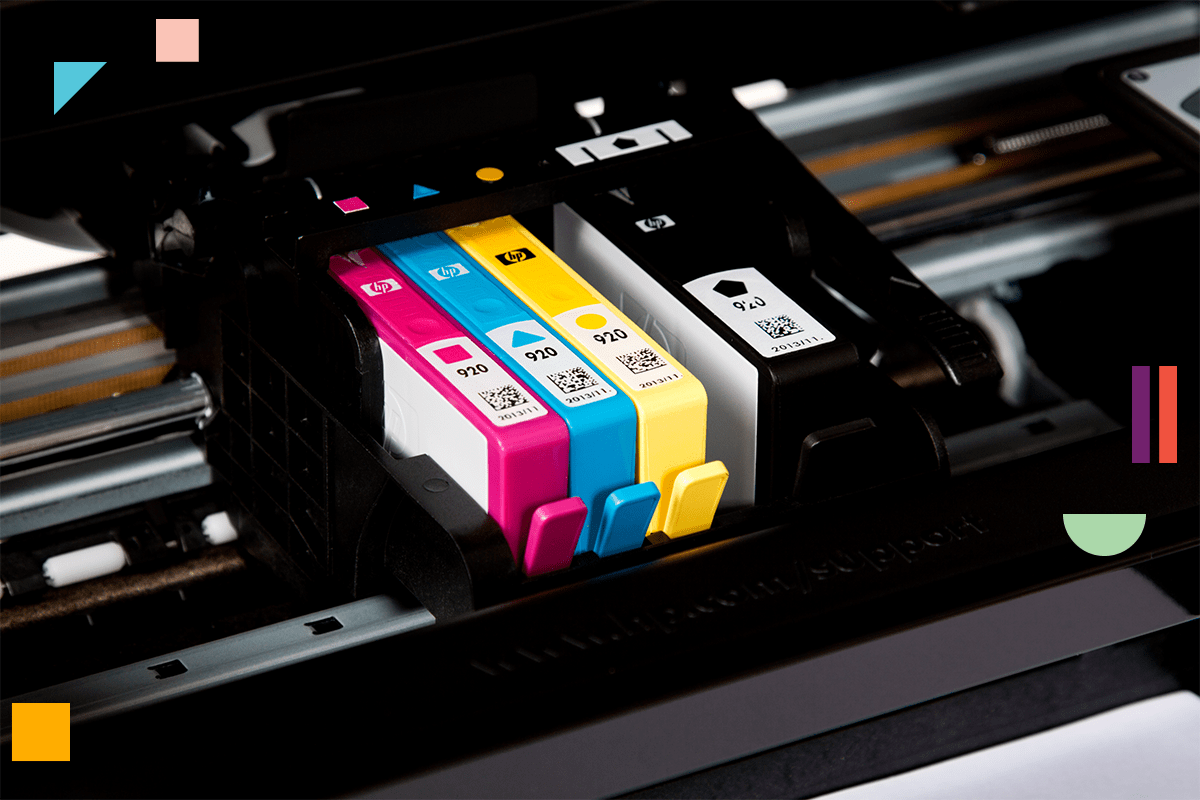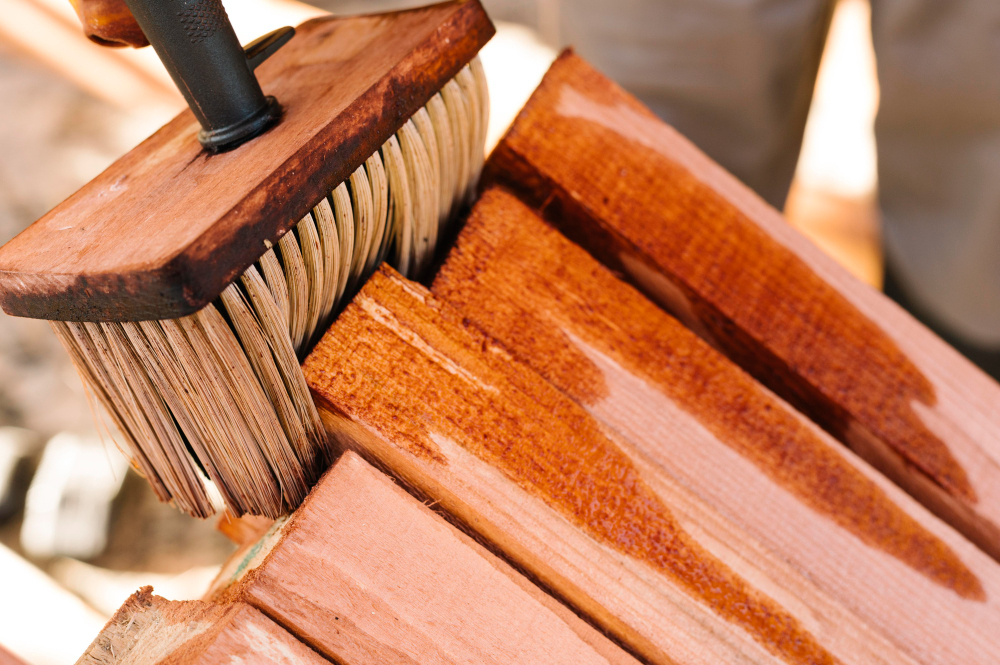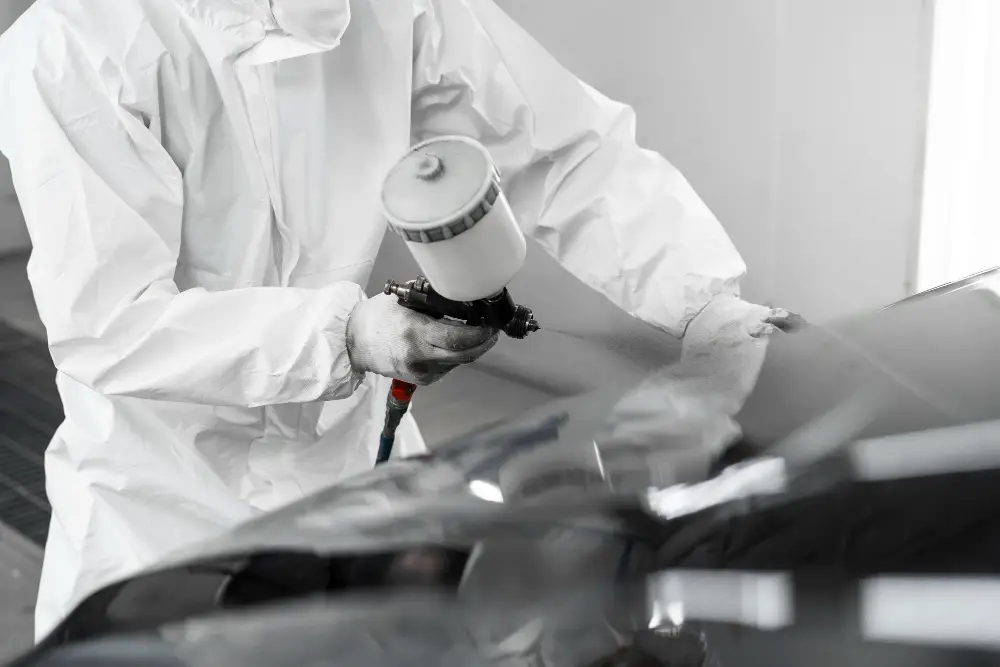Modified vs. Traditional Alkyd Resins: Key Performance Differences Explained – Chem Horizons
Introduction
Alkyd resins remain a cornerstone in the paint, coating, and industrial finishing industries due to their versatility, durability, and cost-effectiveness. Over time, modified alkyd resins have emerged as an improvement over traditional alkyd formulations, designed to meet evolving performance demands such as faster drying, better chemical resistance, and enhanced durability.
At Chem Horizons, we specialize in sourcing and supplying alkyd resins from India’s top manufacturers, ensuring our customers benefit from high-quality products suited to their applications. In this article, we’ll compare traditional vs. modified alkyd resins, highlighting their key differences, performance attributes, and applications.
1. Understanding Traditional Alkyd Resins
Composition
- Traditional alkyd resins are oil-modified polyesters, typically created using polyols, dibasic acids, and fatty acids or oils.
- They can be categorized as long oil, medium oil, or short oil alkyds, depending on their oil content.
Performance Characteristics
- Good adhesion on a variety of surfaces
- High gloss retention in coatings
- Flexibility suitable for wood and metal substrates
- Cost-effective resin choice for paints and primers
Limitations
- Slow drying times compared to modern alternatives
- Lower resistance to chemicals and weathering
- Tendency to yellow over time when exposed to UV
2. Modified Alkyd Resins: A Step Ahead
Modified alkyd resins are traditional alkyds enhanced with modifiers like phenolic resins, epoxy, urethane, silicone, or styrene. These modifications help overcome the weaknesses of traditional versions.
Performance Characteristics
- Faster drying times compared to unmodified alkyds
- Improved chemical and weather resistance
- Higher hardness and durability, especially in industrial coatings
- Reduced yellowing with better gloss retention
- Tailored performance based on the type of modification (e.g., epoxy-modified for toughness, urethane-modified for flexibility)
Advantages for Industry
- More suitable for automotive coatings, protective coatings, and high-performance paints
- Better balance of durability and aesthetics
- Greater compatibility with modern waterborne and solvent-based systems
3. Key Performance Differences: Modified vs. Traditional Alkyd Resins
Property |
Traditional Alkyd Resins |
Modified Alkyd Resins |
|---|---|---|
| Drying Time | Slow | Faster (depending on modifier) |
| Durability | Good but limited | Excellent, enhanced by modifiers |
| Chemical Resistance | Low to moderate | High (epoxy/urethane-modified) |
| Gloss Retention | Prone to yellowing | Improved gloss and stability |
| Applications | General paints, primers, wood finishes | Industrial coatings, automotive, protective paints |
| Cost | Economical | Higher, but better value for performance |
4. Applications in Modern Manufacturing
Traditional Alkyd Resin Applications
- Decorative paints
- Wood coatings and finishes
- General-purpose metal primers
Modified Alkyd Resin Applications
- Automotive finishes requiring faster drying and durability
- Industrial coatings for machinery, pipelines, and protective layers
- High-performance wood finishes needing resistance to moisture and chemicals
- Exterior coatings where weather resistance is critical
5. Why Chem Horizons for Alkyd Resin Supply?
At Chem Horizons, we act as a trusted supplier and distributor, sourcing alkyd resins from India’s top manufacturers. Whether you need traditional alkyds for cost-effective coatings or modified alkyds for high-performance applications, we ensure quality, timely delivery, and global reach.
✅ Wide Supplier Network – Partnerships with India’s best alkyd resin manufacturers
✅ Tailored Sourcing – Matching resins to your performance needs
✅ Domestic & Export Supply – Serving both Indian and international markets
✅ Technical Expertise – Guidance on choosing between traditional and modified systems.
Conclusion
Both traditional and modified alkyd resins have their place in modern manufacturing. Traditional versions remain popular for their cost efficiency and versatility, while modified alkyds are ideal for high-performance applications requiring durability, faster drying, and resistance to harsh environments.
As a trusted alkyd resin supplier in India, Chem Horizons connects businesses with the right resin solutions, ensuring performance, reliability, and supply continuity.
👉 To source high-quality alkyd resins for your business, contact Chem Horizons today at info@chemhorizon.com or call +91 91042 24365.
Not always—traditional alkyds are cost-effective for general-purpose applications, while modified versions excel in demanding environments.
Common modifiers include epoxy, phenolic, urethane, silicone, and styrene.
Primarily automotive, industrial, and protective coatings sectors.
Yes, modified alkyd resins have been developed to perform in waterborne coatings.
Yes, we supply both domestic and international clients as a distributor and exporter.
Traditional alkyds rely on solvents, but newer waterborne and low-VOC modified alkyds are more sustainable.
Amino Resins in Modern Manufacturing: Key Applications & Top Manufacturers in India – Chem Horizons
- admin@chemhorizon
- August 29, 2025
Short, Medium, and Long Oil Alkyds: How They Affect Drying Time and Durability
- admin@chemhorizon
- September 9, 2025




